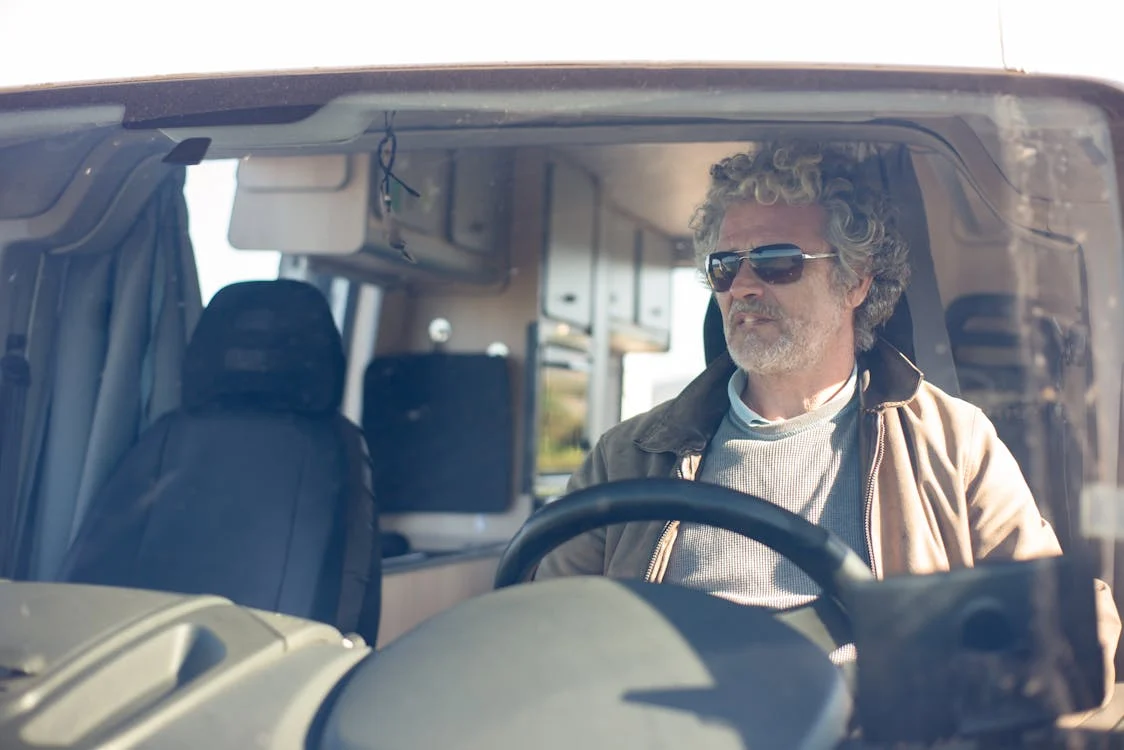Let’s be honest, driving is one of those things that is incredibly convenient and important for maintaining your independence, especially if you live in a large city and need to be able to get around. As you get older, a car is indispensable for being able to get to your medical appointments, see your family, and of course, get to any of your other to-dos.
However, as you get older, there are many challenges that come along with driving. Our reflexes slow down a little bit, and our vision may not be quite as sharp as it once was. Not to mention, sitting in traffic can be a lot more exhausting than it was in our 20s.
Still, just because things are a little different now that we’re older doesn’t mean that we have to stop driving. With the right approach and a few simple changes, senior drivers can stay safe and confident on the road. Here are some tips that every senior driver will want to know.
Schedule Vision and Hearing Checks
Many people focus on the visual aspect of driving and forget how important it is to hear as well. That’s why it’s so important that, in addition to scheduling your vision check, you also schedule a hearing check—because it’s just as important to hear an ambulance behind you as it is to see a stop sign or pedestrian in front of you.
Make it a priority to get them checked at least once a year. Don’t forget to update your glasses prescription, and if your hearing isn’t doing its job anymore, it’s time to consider a hearing aid. The sooner you take care of your hearing and vision issues, the safer you’ll be, keeping yourself and others safe on the road.
Avoid Night Driving
Night driving is one of those things that gets trickier as you get older. The glare from headlights and reduced contrast make it much more difficult to stay focused and accurate with your driving. Not to mention, driving at night can be a lot more tiring since we’ve already been awake all day. If you notice that you aren’t the best driver at night, or that it just gives you anxiety in general, then simply stop doing it!
Lots of older folks stop driving at night after a certain age because it simply isn’t worth the risk. Try to get everything you need to do during the day, and if you must go somewhere at night, try to arrange a taxi or drive with a friend.
It’s all about playing to your strengths rather than giving up completely. Just because you stopped driving at night doesn’t mean you’re a failure or a bad driver—it simply means you’re taking an extra precaution.
Keep Your Car Equipped
A senior-friendly car is the best way to go when driving over a certain age. A few small tweaks—like a larger mirror or a seat cushion—can make your drives that much more comfortable.
Not to mention, some newer model cars come with backup cameras, making it easier to go in reverse, as well as lane assist features, which can be incredibly helpful for feeling safe while driving. Take advantage of these tools and keep your car as equipped as possible to keep your rides safe and comfortable.
